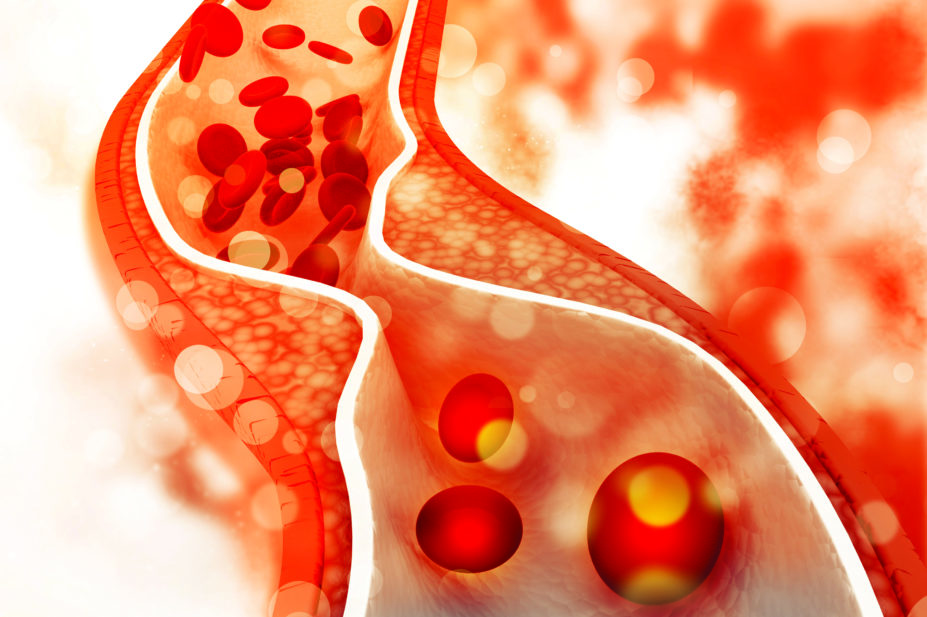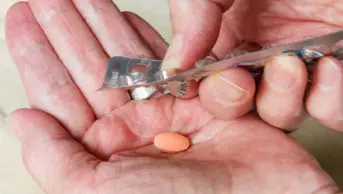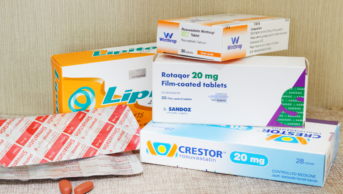
Shutterstock.com
People with an inherited risk of high cholesterol should be identified with DNA tests and started on statins as soon as possible, the National Institute for Health and Care Excellence (NICE) has recommended.
Familial hypercholesterolaemia (FH) goes undiagnosed in 85% of patients, but ideally, treatment should start before the age of 10 years, the new guidance says.
Mark Baker, director of the centre for guidelines at NICE, said: “Familial hypercholesterolaemia is a serious, often undiagnosed but relatively common condition which, if treated early, ideally in childhood, will not affect normal life expectancy for the majority of people with it.
“It’s also important that family members of people diagnosed with FH are traced and offered a gene test to see if they also have the condition and, therefore, need treatment.”
Just 15% of the estimated 260,000 people in the UK with FH have been diagnosed, according to NICE. And only 600 of the 56,000 children in the UK who have the condition have received a diagnosis.
In individuals at high risk, NICE wants GPs to use DNA tests to confirm familial hypercholesterolaemia rather than measures of LDL cholesterol, which have been more commonly used in the past but are not always accurate.
NICE points out that siblings and children of people with the condition have a 50% risk of inheriting the condition.
The guideline also recommends that people who develop cardiovascular disease before the age of 60 years are offered a cholesterol reading to establish their risk of FH.
Sir Nilesh Samani, medical director at the British Heart Foundation, said: “It’s disappointing that we have the ability to diagnose and treat people with FH, yet 85% remain undiagnosed and at risk of a potentially fatal heart attack or stroke.
“These new guidelines, based on the best available evidence, provide a clear approach to managing FH that could ultimately save lives.”
But charity Heart UK said the plans did not go far enough, and a national screening programme is needed to find those at risk, because people were often unaware they had the condition until middle-age.
Chief executive Jules Payne said: “GPs do not routinely carry out cholesterol tests in most patients until they reach the age of 40 when they are eligible for an NHS health check.”


